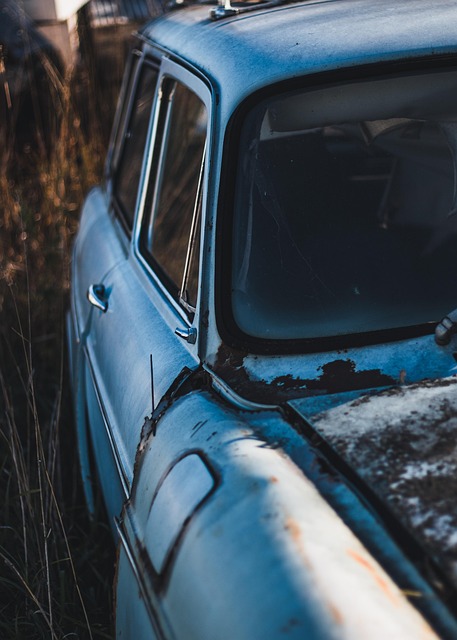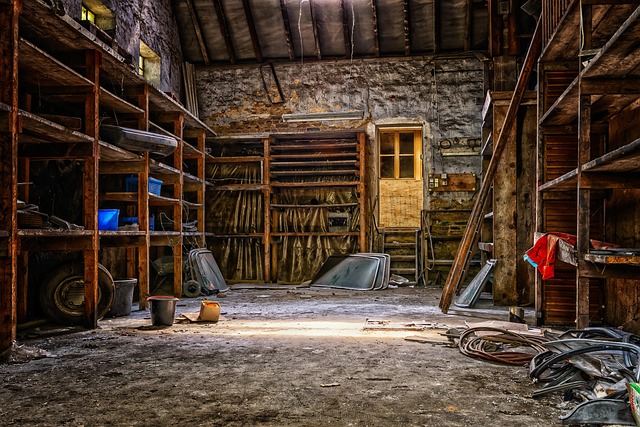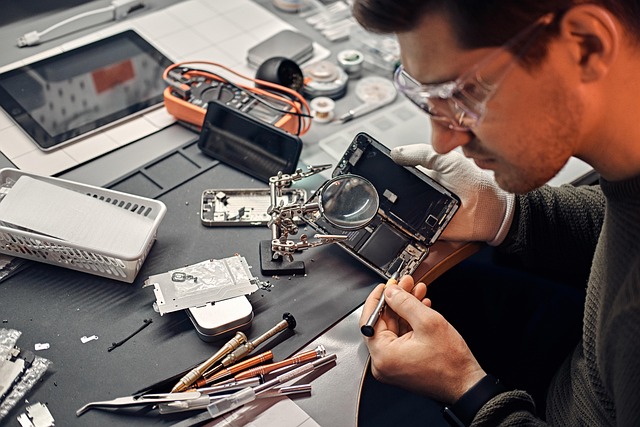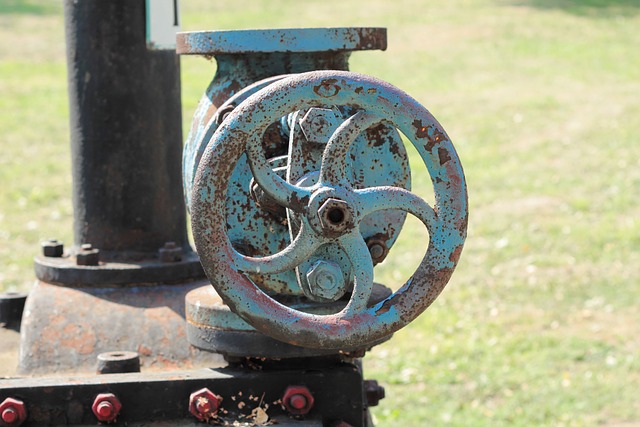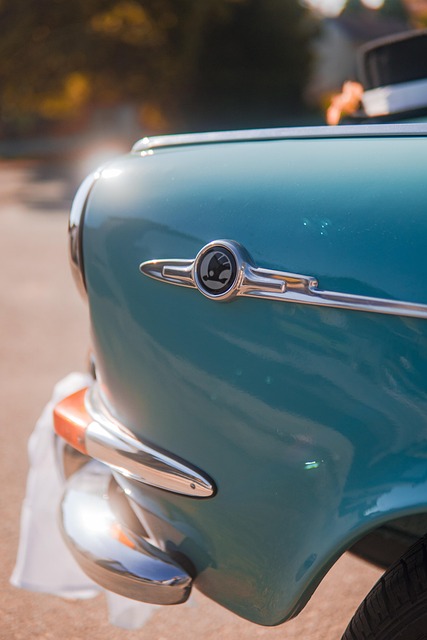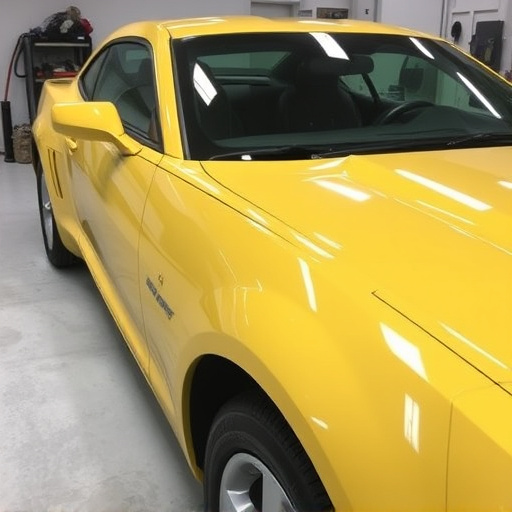Auto glass safety standards are critical for protecting drivers, passengers, and property during accidents. Regular inspections ensure windshields, windows, and their seals meet these regulations, enhancing vehicle structural integrity, driver visibility, and safety features' effectiveness. By identifying issues early, these inspections prevent costly repairs, maintain optimal energy efficiency, and preserve vehicle resale value, fostering a safer driving environment.
Auto glass isn’t just a window to the world; it’s a critical component of vehicle safety. Understanding and adhering to auto glass safety standards is paramount for protecting drivers, passengers, and others on the road. This article delves into the necessity of regular auto glass inspections, exploring how defective auto glass can compromise safety and property, while highlighting the numerous benefits of maintaining compliant auto glass safety standards.
- Understanding Auto Glass Safety Standards
- The Impact of Defective Auto Glass on Safety and Property
- Benefits of Regular Auto Glass Safety Inspections
Understanding Auto Glass Safety Standards
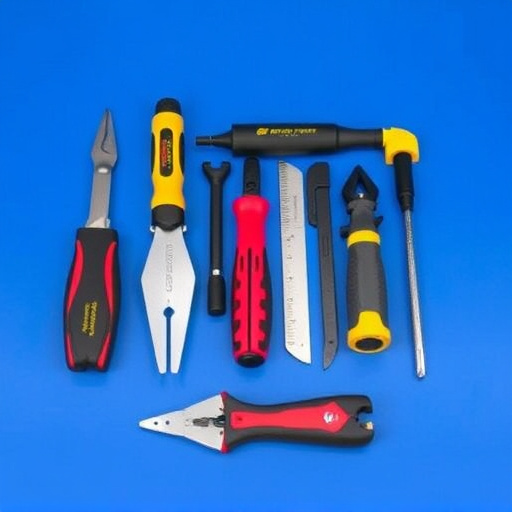
Auto glass safety standards are crucial for ensuring the well-being of drivers and passengers. These standards govern the design, installation, and maintenance of automotive glass to prevent injuries and fatalities in case of accidents. Compliance with these regulations is essential not just for legal reasons but also for public safety.
Regular auto glass safety inspections play a pivotal role in upholding these standards. During such inspections, professionals check for cracks, chips, and other defects that could compromise the structural integrity of the glass. Moreover, they assess proper sealing and alignment, ensuring no gaps or leaks that might affect the vehicle’s overall performance and safety systems, including airbag deployment and side-impact protection. Considering the crucial role auto glass plays in a vehicle’s safety features, such inspections are vital for maintaining optimal car paint repair and overall auto bodywork conditions.
The Impact of Defective Auto Glass on Safety and Property
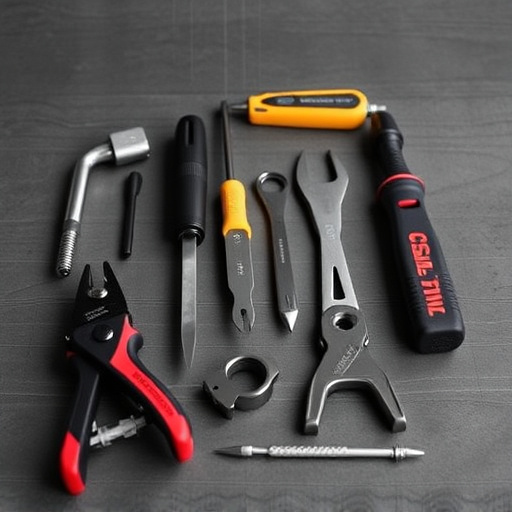
Defective auto glass can have severe implications for both safety and property. In the event of an accident, shattered or poorly installed window panes can cause significant injury to occupants and others nearby, with debris flying at high speeds posing a serious risk. Moreover, inadequate auto glass can lead to structural weaknesses in vehicles, compromising their ability to protect passengers during collisions. This is particularly concerning for side and rear windows, which play vital roles in maintaining the integrity of a vehicle’s cabin during impacts.
Regular auto glass safety inspections are crucial not just for ensuring adherence to established auto glass safety standards but also for preventing costly repairs and replacing damaged components at collision repair shops or auto body shops. By identifying issues early on, drivers can avoid unexpected failures that could compromise their safety and significantly impact the overall condition of their vehicles. These inspections contribute to maintaining optimal auto maintenance practices, ultimately fostering a safer driving environment.
Benefits of Regular Auto Glass Safety Inspections
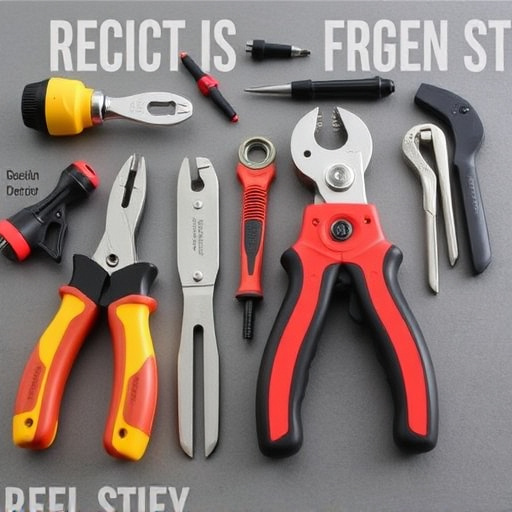
Regular auto glass safety inspections are a vital component of vehicle maintenance, ensuring that your car’s windows and windshields meet essential safety standards. These inspections go beyond merely checking for cracks; they involve thorough examinations to verify the integrity and functionality of auto glass components. By adhering to established auto glass safety standards, drivers can significantly enhance their overall driving experience and safety.
Benefits extend from improved visibility, crucial for navigating through varying weather conditions and traffic scenarios, to enhanced structural stability during accidents. Well-maintained auto glass also contributes to energy efficiency, as it allows for optimal temperature control inside the vehicle. Moreover, regular inspections help identify potential issues early on, preventing more costly auto body work and car scratch repairs that could arise from damaged windshields or poorly fitted glass. This proactive approach ensures not only the safety of drivers and passengers but also maintains the resale value of your vehicle when visiting an auto repair shop for any related services.
Auto glass safety inspections are not just recommended, but necessary to uphold strict auto glass safety standards. The potential consequences of defective auto glass extend beyond mere inconvenience; they pose significant threats to safety and property. Regular inspections play a crucial role in identifying issues early, ensuring the integrity of vehicle windows, and ultimately safeguarding drivers, passengers, and bystanders alike. By adhering to these safety standards, we can minimize risks and maintain a secure driving environment.
